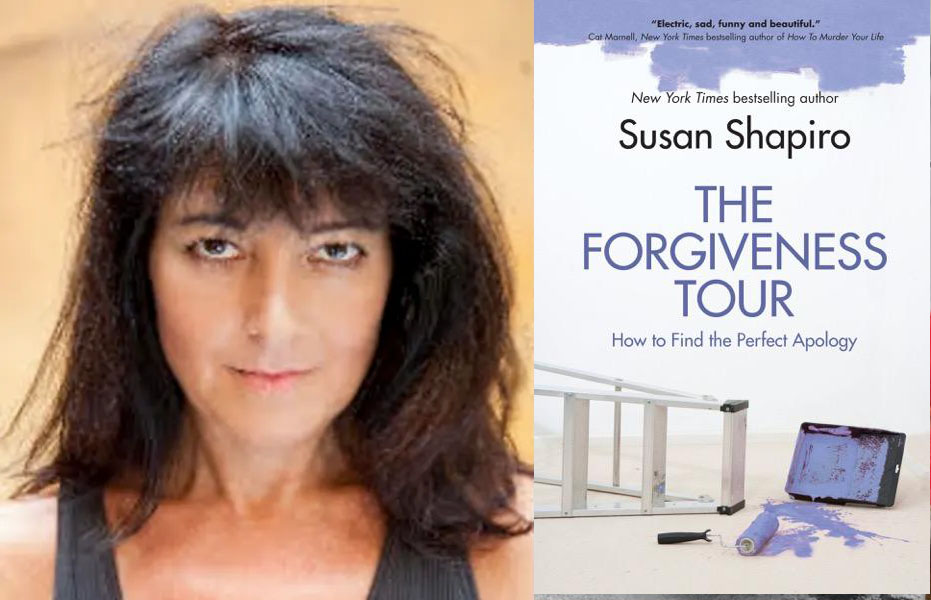
The country is already polarized and this year’s presidential election will only increase the tension between family and friends on opposite sides of the political spectrum. And it’s possible that in the heat of an argument, lines could be crossed and things said you regret. Sometimes what’s needed to repair a fractured relationship is an apology.
“I think it’s complicated,” Susan Shapiro, author of “The Forgiveness Tour: How To Find The Perfect Apology” told the Journal. “Because you have a moral code and there are people that feel that a vote for one is in violation of it. I think some families are able to have rational discussions and have different opinions. But there is pressure because there is a lot at stake right now. It’s hard when you feel a spouse or someone you care about seems to have the opposite set of values.”
On “Curb Your Enthusiasm,” Larry David would insist people who wronged him had to give him a heartfelt apology, even for such mundane things as arriving late. Shapiro said while it is better to apologize in person, some may do it via text or email, but the key is to make sure four things are included:
There should be a clear apology, an explanation of what happened, a demonstration that it will not happen again, and a reparation.
Many were stunned when Will Smith slapped Oscar host Chris Rock in public at an event televised around the world. But he’s seemingly been forgiven as he is currently starring in “Bad Boys: Ride or Die.” “
Public apologues have an important place whether it’s celebrities or politicians,” Shapiro said. “I don’t have skin in the game, but Will Smith did apologize, he did try to explain that his wife had alopecia, and I did feel on some level he worked on himself. He did take a hit. I don’t think Will Smith will ever hit someone in public again. He almost lost his entire career.”
Shapiro, who has taught writing at the New School, Columbia University, NYU and online, is a best-selling author of 18 books. She has helped scores of students publish articles in major outlets and get book deals with top publishing houses. But when a family friend wrote a 700-page memoir on surviving breast cancer and asked her to read it and make some edits, Shapiro admitted she was a bit too flippant in responding that she didn’t have time to do it. The person then blew her off.
Shapiro said she apologized, explained the situation but did not make it an excuse, and offered to give her notes on the book in an upcoming class. She was forgiven.
The key is to make sure four things are included: There should be a clear apology, an explanation of what happened, a demonstration that it will not happen again, and a reparation.
“The Forgiveness Tour” is a fascinating exploration in how people deal with trauma and how they navigate their emotional needs, in examining whether to forgive someone for small things or big things.
In one of the book’s more fascinating chapters, she talked to Emanuel Mandel, a therapist and Holocaust survivor who was in Bergen-Belsen. He told her that “feeling stuck without a choice is demeaning and devastating,” but that he used the one-time reparations payment of $500 for his honeymoon at the Concord Hotel in upstate New York.
“There are times when it’s healthier not to forgive for your own sake of well-being and there’s also times when the crime is so extreme it makes perfect sense not to,” Shapiro said. “Some can use terrible things as motivation to succeed in life through spite, but the key is to feel like one has choices. Manny did not push forgiveness on people who were victims of trauma.”
It is never too late to apologize, she said, nor is it too late to rescind an apology if it was given without agency or under duress.
What about those who cheat on their spouses? In those cases, Shapiro said, one needs to look at the specifics.
“If somebody has a slew of secret affairs, doesn’t come clean, gets caught and says, ‘oh I’m sorry let’s get back together, that’s a different story than someone who has one affair, comes clean, admits they did wrong and makes a reparation to never see the person again and offers to go to couples therapy.”
Has writing the book made Shapiro more forgiving?
“No, but I learned the nuances of an apology,” she said. “In the past I had been passive aggressive and would say to people that I was sorry if they felt offended. The key is you must be sincere and show the person that what you are saying is more than just words.”






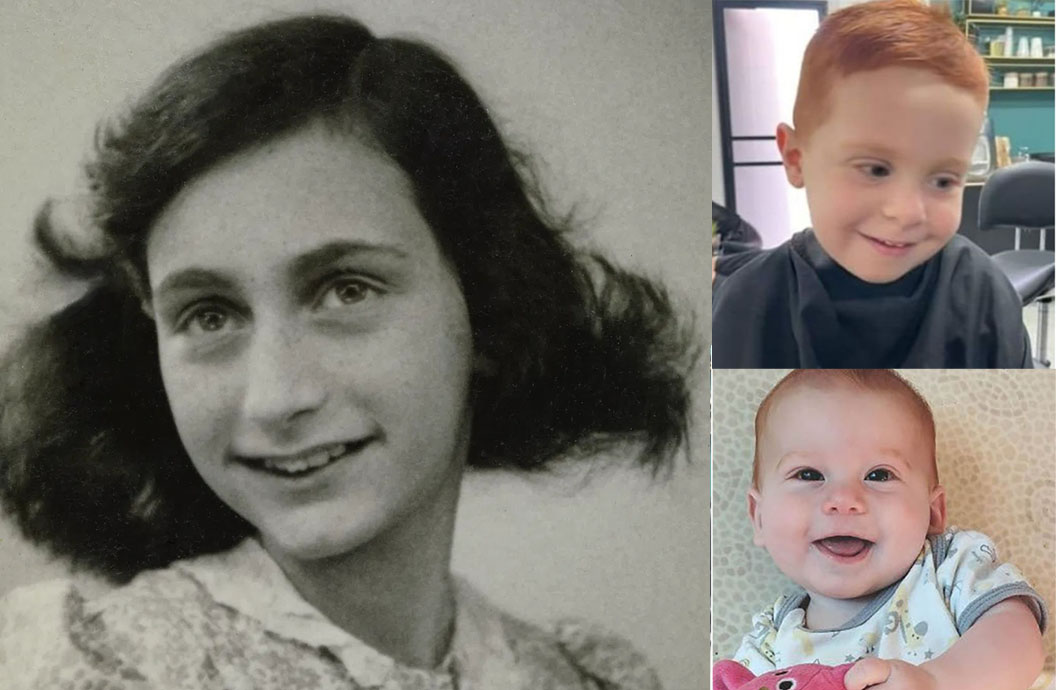
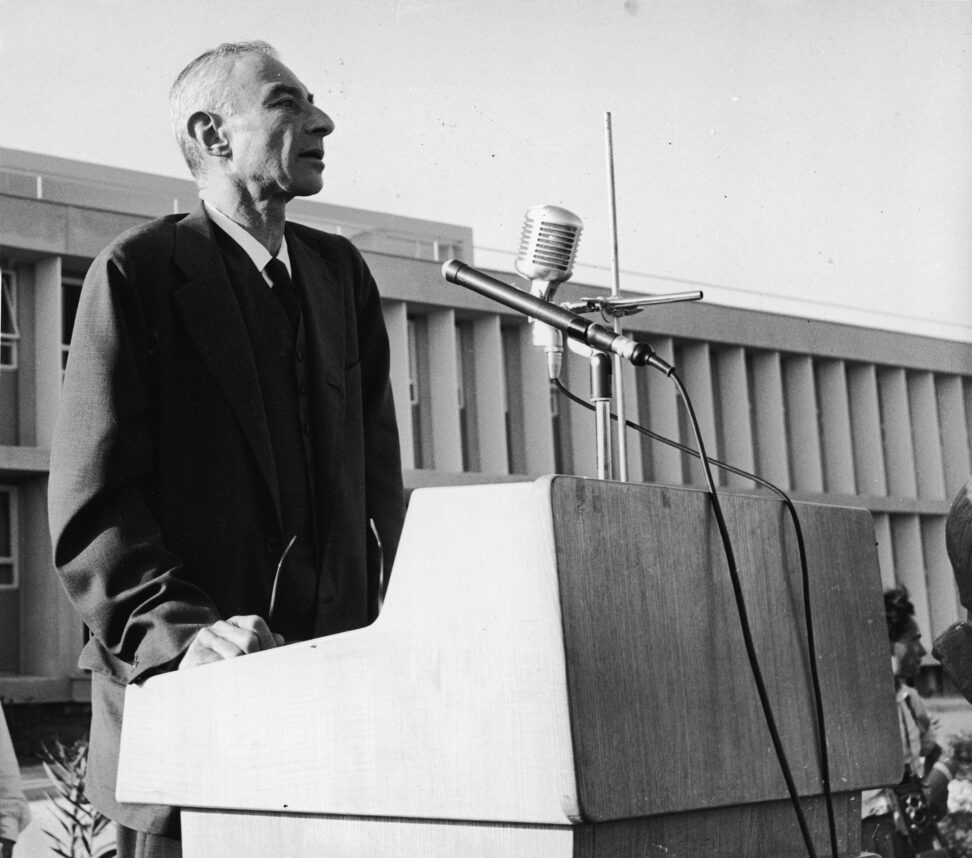

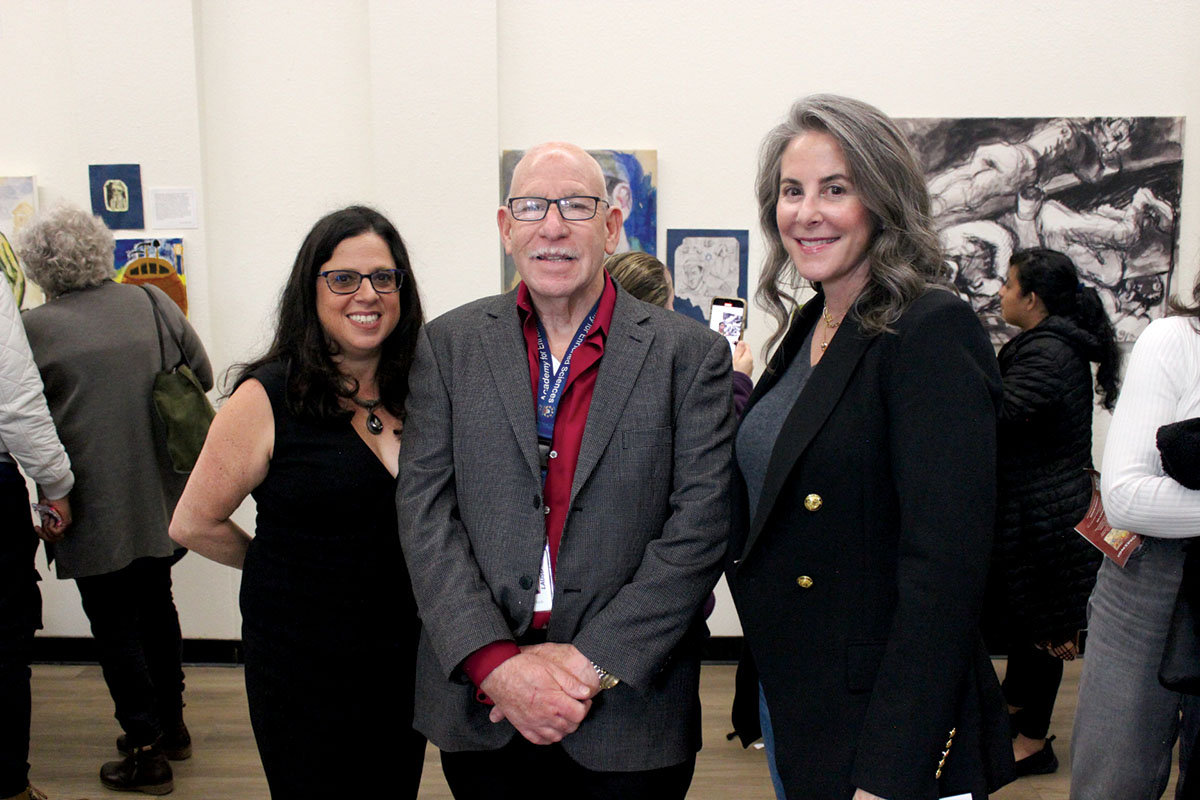





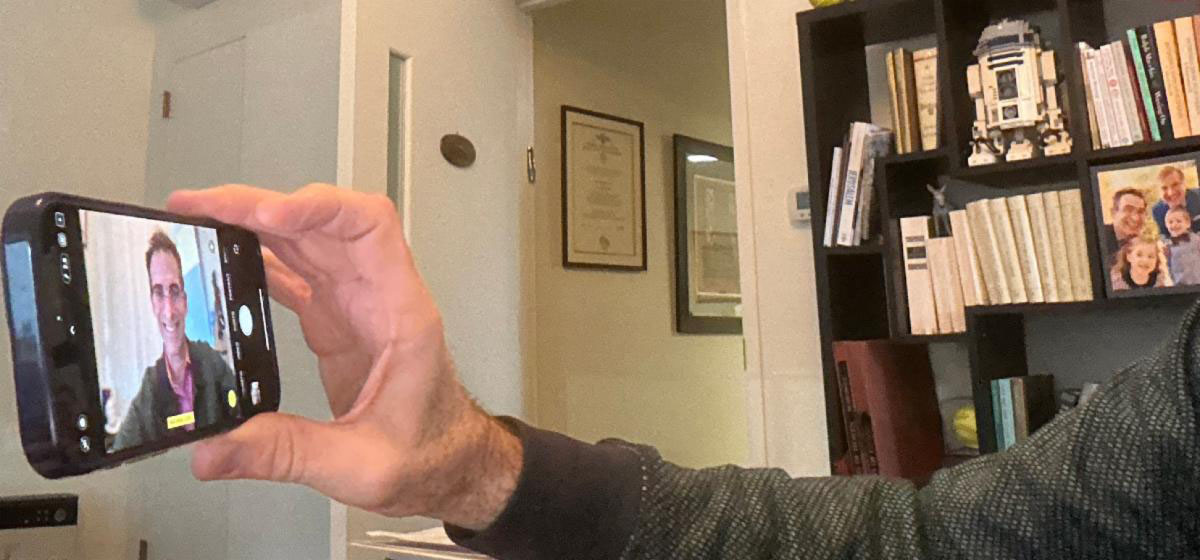




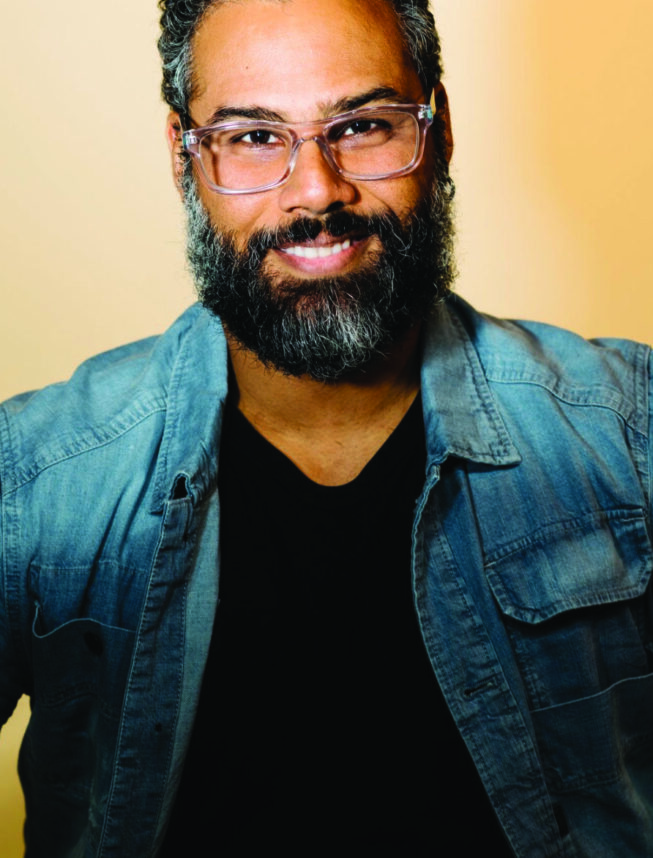


 More news and opinions than at a Shabbat dinner, right in your inbox.
More news and opinions than at a Shabbat dinner, right in your inbox.